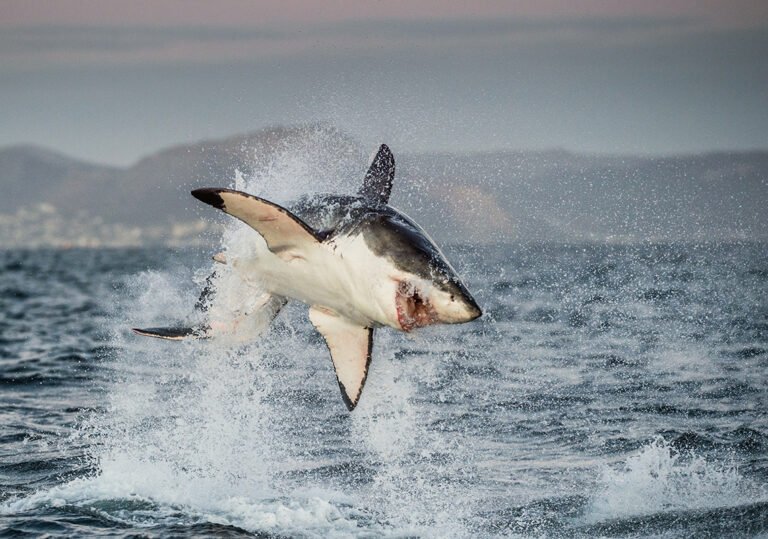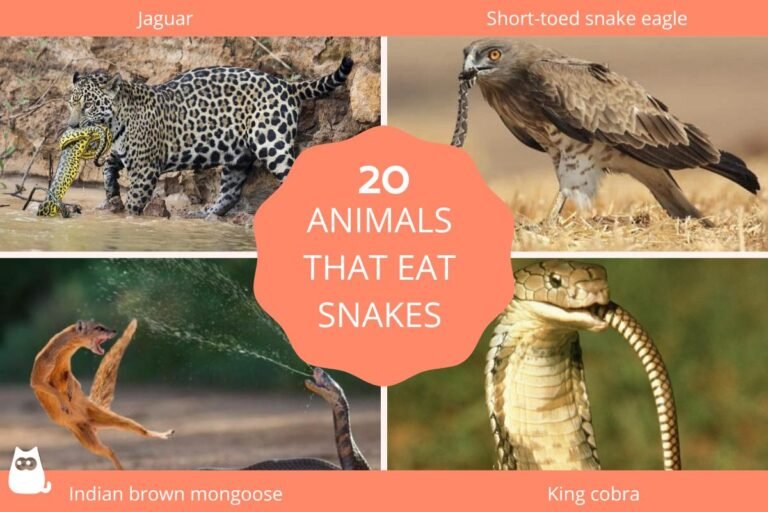Do Big Cats (Lions, Tigers, Leopards, And Jaguars) Meow?
No, big cats do not typically meow. The sound that big cats make is called a “chuff.” Chuffs are short bursts of air that are exhaled through the nose and often accompanied by a head bob.
Big cats use chuffs as a friendly greeting between one another or to express contentment.
Big Cat Talk! – Roar, Purr, Meow
No, big cats do not meow. They may make other vocalizations, such as roars, grunts, and snarls, but they do not meow.
Do Lions Hiss
Do Lions Hiss?
Lions are known for their deep, guttural roars. But did you know that they also hiss?
This fascinating big cat vocalization is used for a variety of purposes, from expressing aggression to communicating with cubs. Let’s take a closer look at why lions hiss and what it means.
Lions typically only hiss when they’re feeling threatened or aggressive.
It’s a way of warning others to stay away before things get too heated. You might see a lion start to hiss if another animal wanders too close to its territory or if it feels like its personal space is being invaded.
Hissing is also often used as a form of communication between lions and their cubs.
Cubs will sometimes make high-pitched “mews” which prompt their mothers to respond with a low, calming hoot. This back-and-forth helps cubs feel safe and protected while also teaching them how to properly communicate with other lions.
So next time you hear a lion roaring, take notice of any accompanying hisses – they could be trying to tell you something!
Do Lions And Tigers Hiss
Most people are familiar with the sound a lion or tiger makes – a deep, guttural “hiss” that can be quite intimidating. But what exactly is this noise, and why do these big cats make it?
As it turns out, there are a few reasons why lions and tigers hiss.
One of the most common is simply to communicate with other members of their pride or pack. Hissing can be used as a way to warn others of danger, or to express aggression. It’s also thought that hissing may help lions and tigers to establish dominance within their social groups.
In addition to serving as a form of communication, hissing may also help lions and tigers to scare off potential threats. The loud, sharp sound can be quite effective at deterring predators or other animals that might pose a danger to the big cats.
So next time you hear a lion or tiger hissing, remember that it’s not just an expression of anger – it’s also a way for these magnificent animals to communicate and protect themselves in the wild.
Do Big Cats Purr
Most people think of domestic cats when they hear the word “purr,” but did you know that big cats can purr, too? It’s true! While the mechanism by which they purr is different from that of domestic cats, the end result is the same: a low, rumbling sound that indicates contentment.
So why do big cats purr? One reason is to communicate with others of their kind. Purring can be a way to signal that everything is okay, or it can be used as a form of greeting.
Big cats also use purring as a way to soothe themselves when they’re feeling stressed – just like our feline friends at home.
Interestingly, not all big cats are able to purr. Lions and tigers make other vocalizations such as roars and growls, but they cannot produce the consistent vibration needed to create a true purr.
So next time you see a lion or tiger at the zoo, listen closely – you might just hear a little rumble that sounds suspiciously like a purr!
Do Big Cats Like Catnip
Most people are familiar with catnip (Nepeta cataria), a plant that elicits an interesting response in cats. When a cat smells fresh or dried catnip, they may start to rub their face on the plant, roll around on the ground, or even chew on it. Many people think of this behavior as being “high” since it is similar to how some humans react when under the influence of drugs.
Some scientists believe that catnip affects cats because it contains nepetalactone, a chemical that is structurally similar to compounds found in members of the mint family.
Can Cheetahs Meow
Can cheetahs meow? The answer is yes, but not in the way you might think. Cheetahs are able to make a range of vocalizations, including chirps, grunts, hisses, growls, and purrs.
However, they do not produce the same “meow” sound that domestic cats do.
So why can’t cheetahs meow like domestic cats? It all has to do with their anatomy.
Cheetahs have unique vocal cords that are shorter and thicker than those of other felines. This limits the sounds they can produce. While they can still make a variety of noises, the quintessential “meow” sound is simply beyond their reach.
So there you have it: cheetahs may be fast and fierce, but when it comes to making cute kitty noises, they’re just not up to the task!
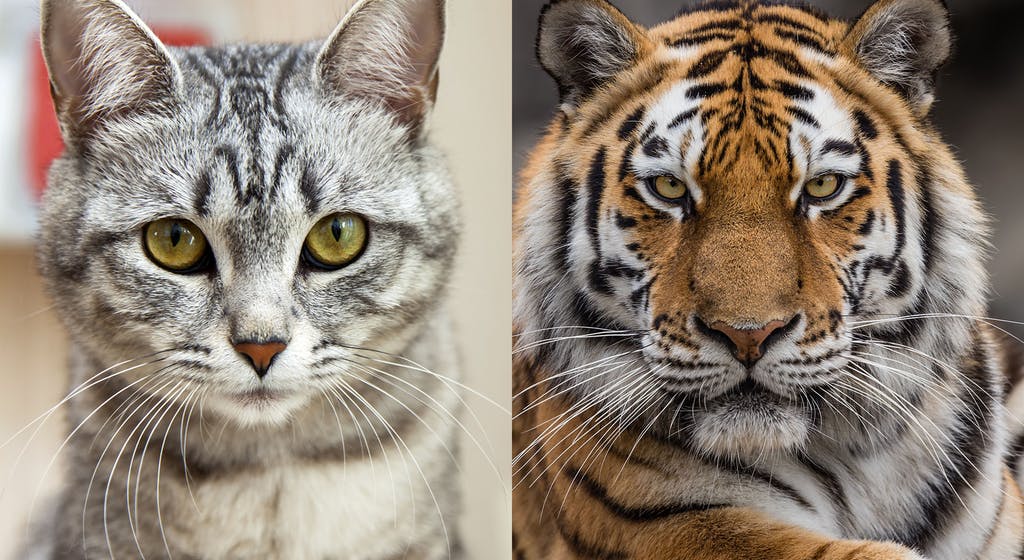
Credit: www.meowingtons.com
Do Lions And Other Big Cats Meow?
No, lions and other big cats do not meow.
Do Any Large Cats Meow?
Yes, some large cats do meow. The most common large cat that meows is the domestic cat. However, other large cats such as tigers, lions, leopards, and jaguars also sometimes make a similar sound to a meow.
This sound is typically made when they are communicating with another member of their species or when they are trying to get attention from humans.
Do Jaguars Meow?
No, jaguars do not meow. They are a species of wild cat that is closely related to the leopard. Jaguars make a variety of vocalizations, including roars, grunts, snarls, and hisses, but they do not meow like domestic cats.
Do Leopards Roar Or Meow?
Do leopards roar or meow? The answer may surprise you!
Leopards are member of the big cat family and, like all big cats, they do have the ability to roar.
However, unlike their larger cousins lions and tigers, leopards tend to make much more use of vocalizations that sound more like barks, chuffs and growls than roars.
There are a few reasons for this. First of all, leopards are generally smaller than lions and tigers and don’t have the same lung capacity needed to produce a full-throated roar.
Secondly, roaring requires the big cat to open its mouth wide which leaves them vulnerable to attack – something a solitary predator like a leopard can ill afford.
So while leopards may not roar in the traditional sense, they still communicate effectively with one another using a variety of sounds including meows, grunts and hisses.
Conclusion
No, big cats do not meow. They may make noises that sound like a cross between a purr and a roar, but they do not meow like house cats.


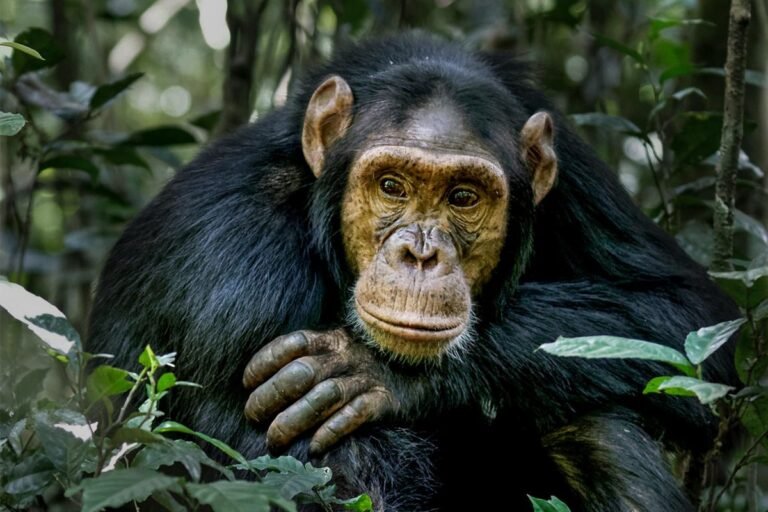
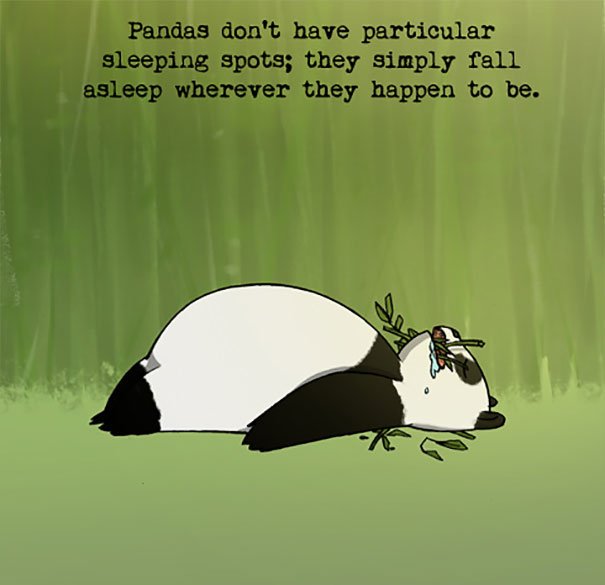
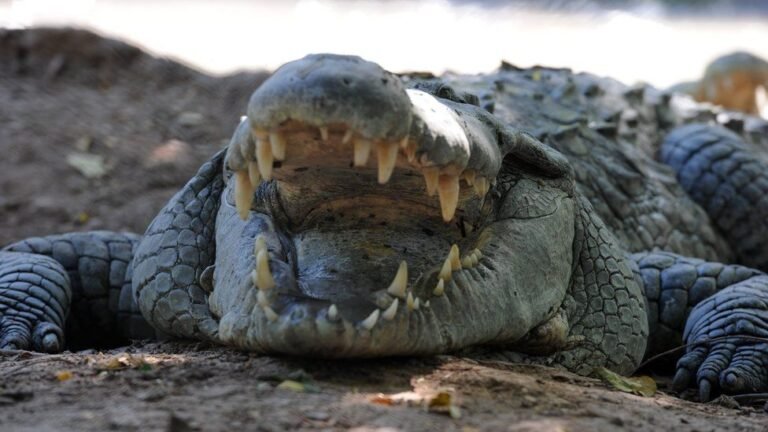
![How Strong Are Tigers? [Pretty Strong! Here’S Why]](https://proanimalguide.com/wp-content/uploads/2022/11/146128c6ac8241339b0915e02f945142-768x504.jpg)
